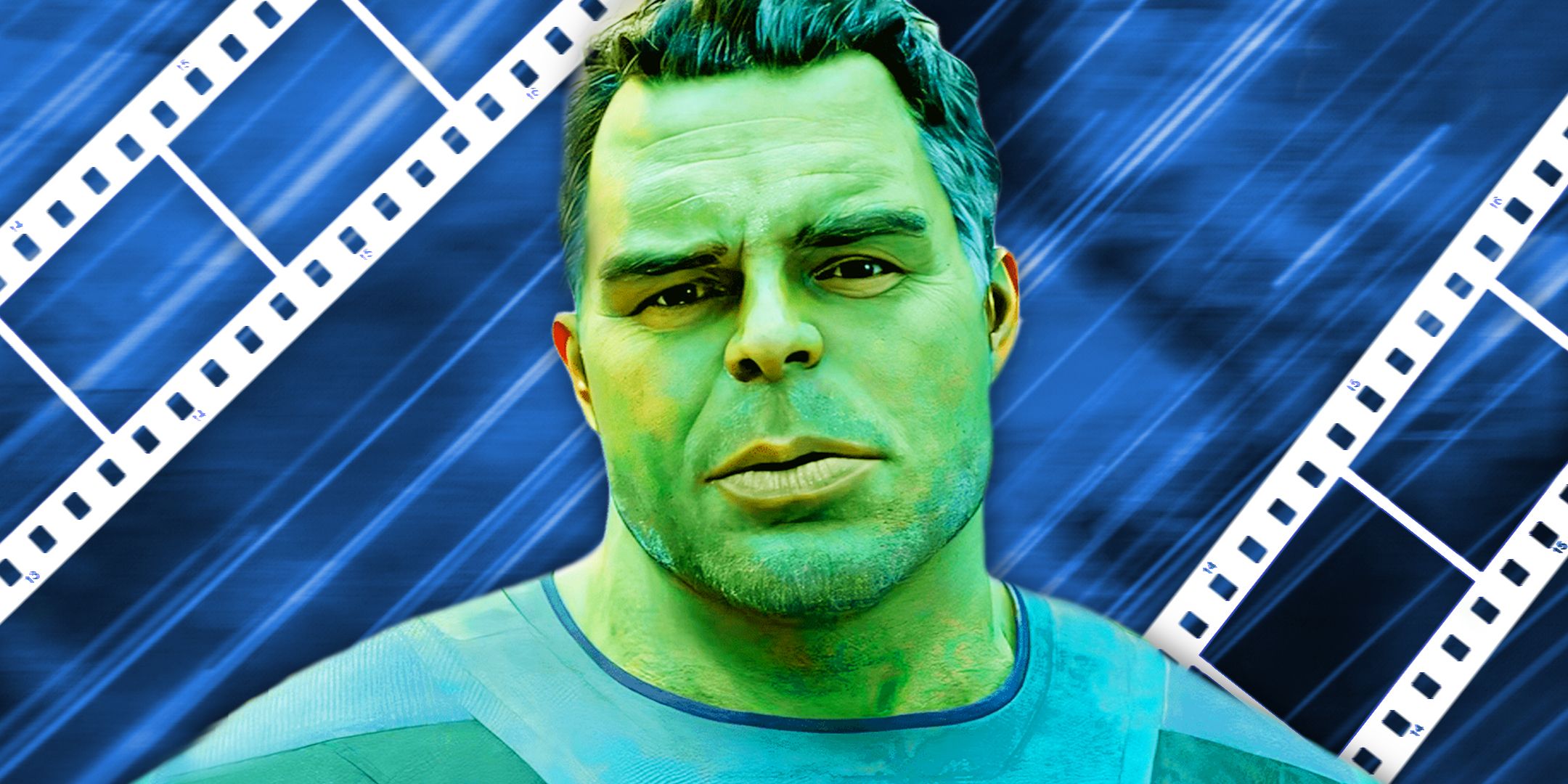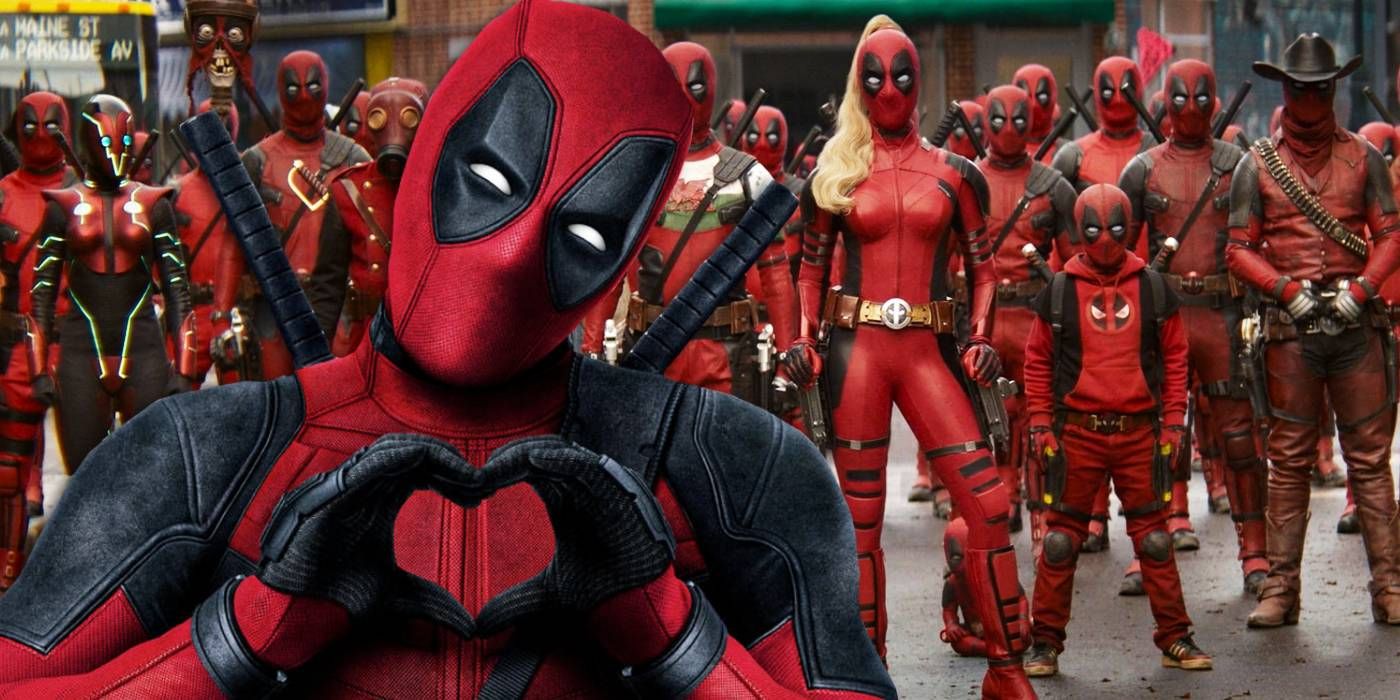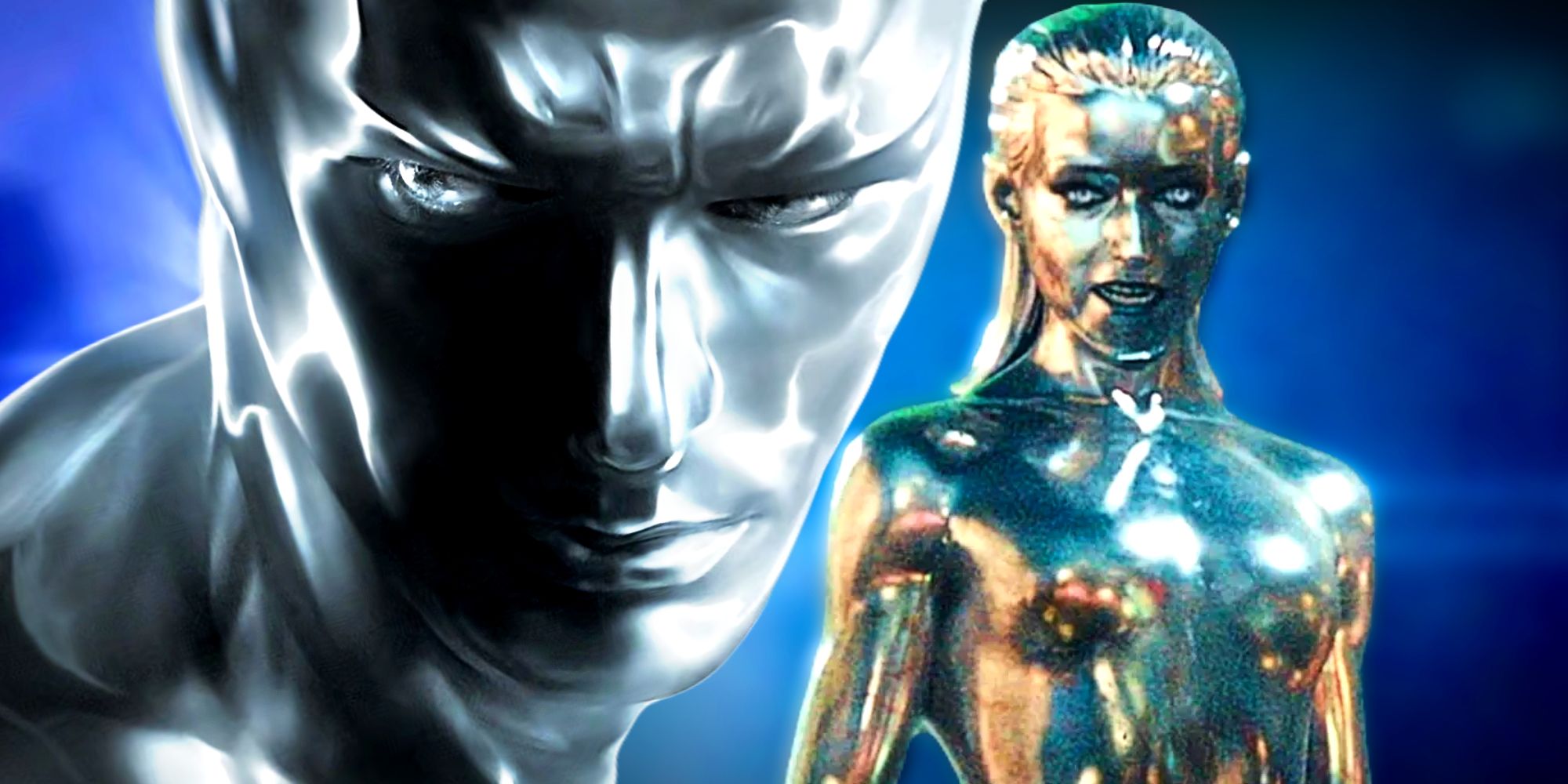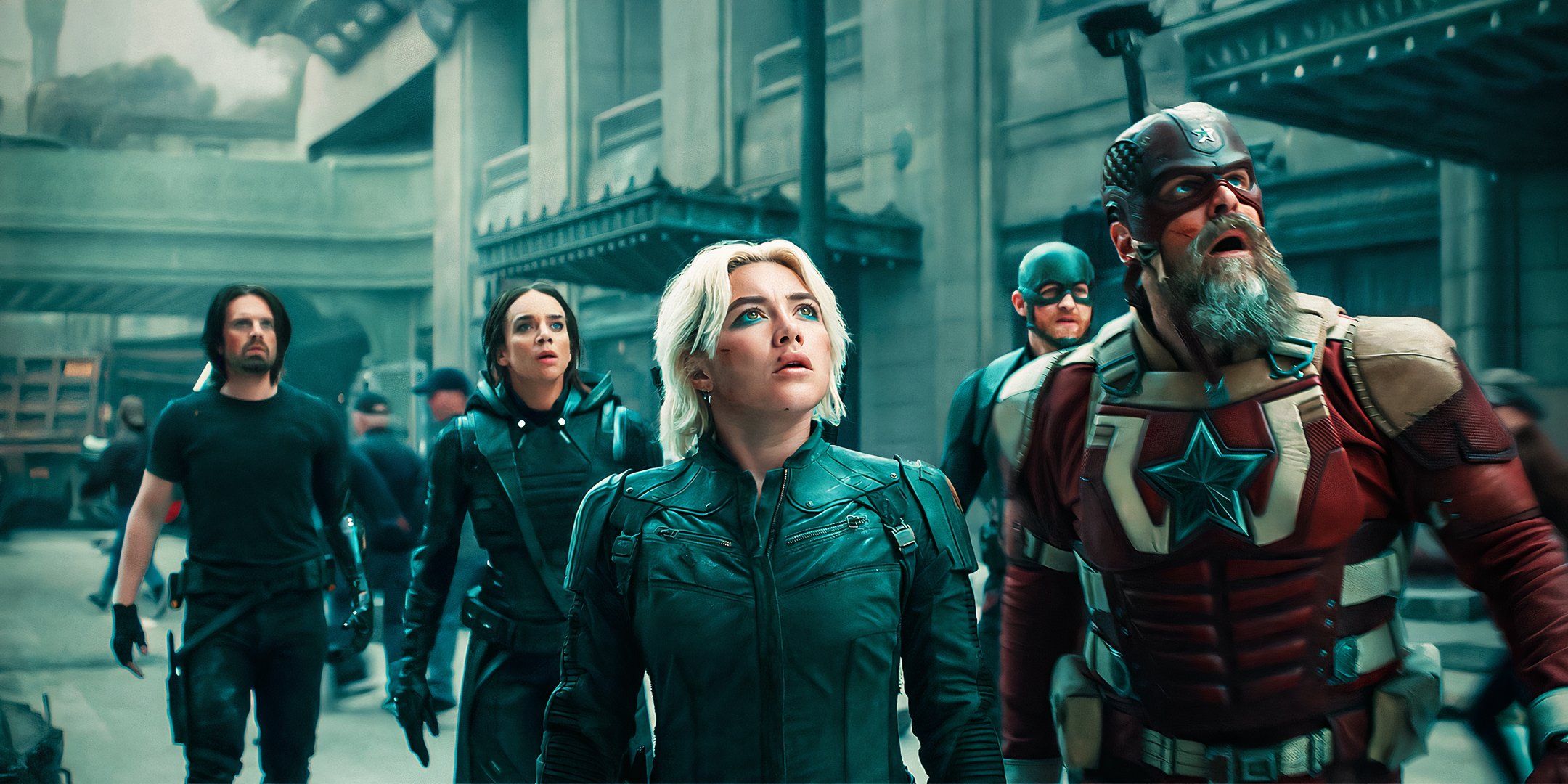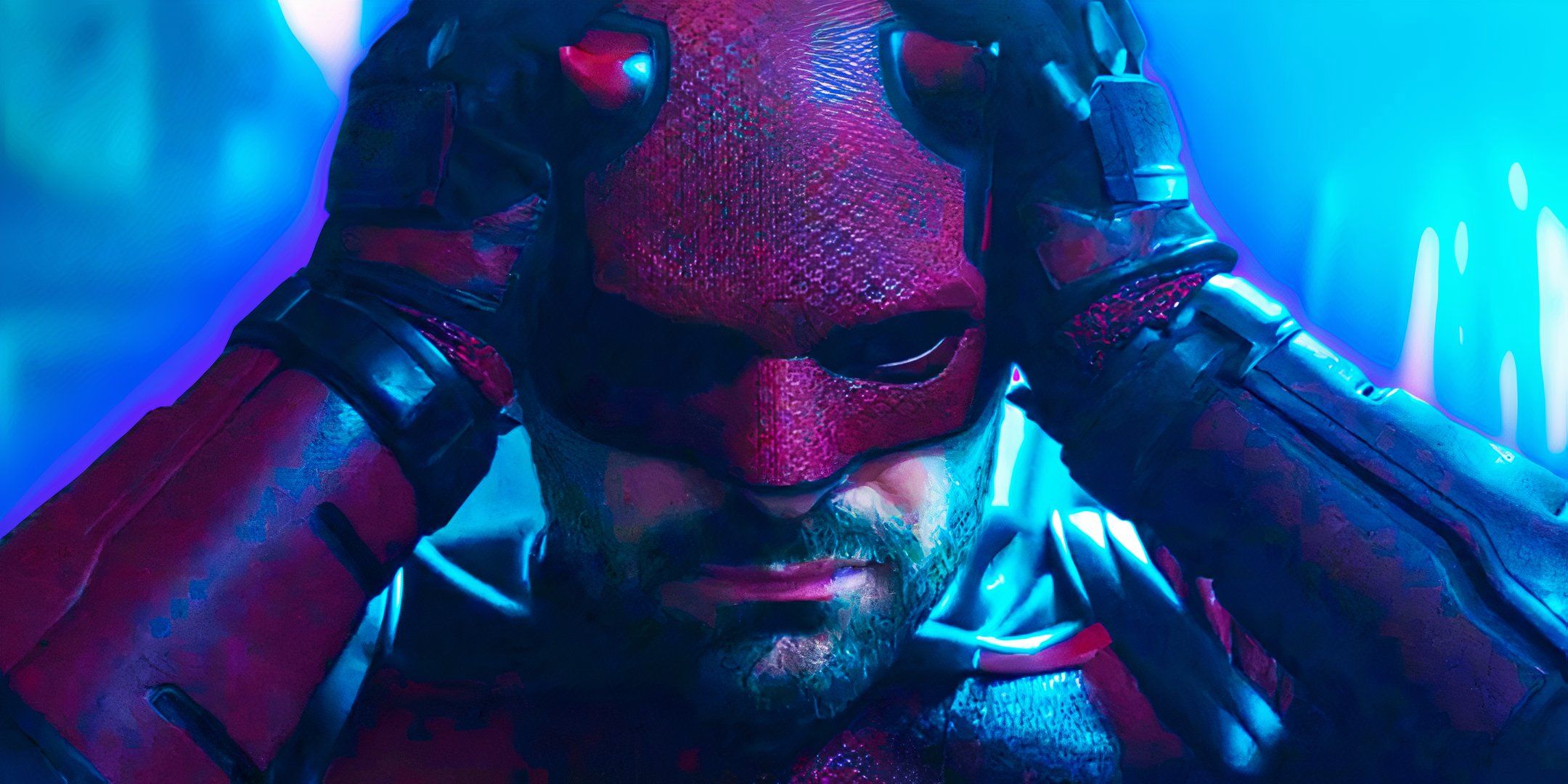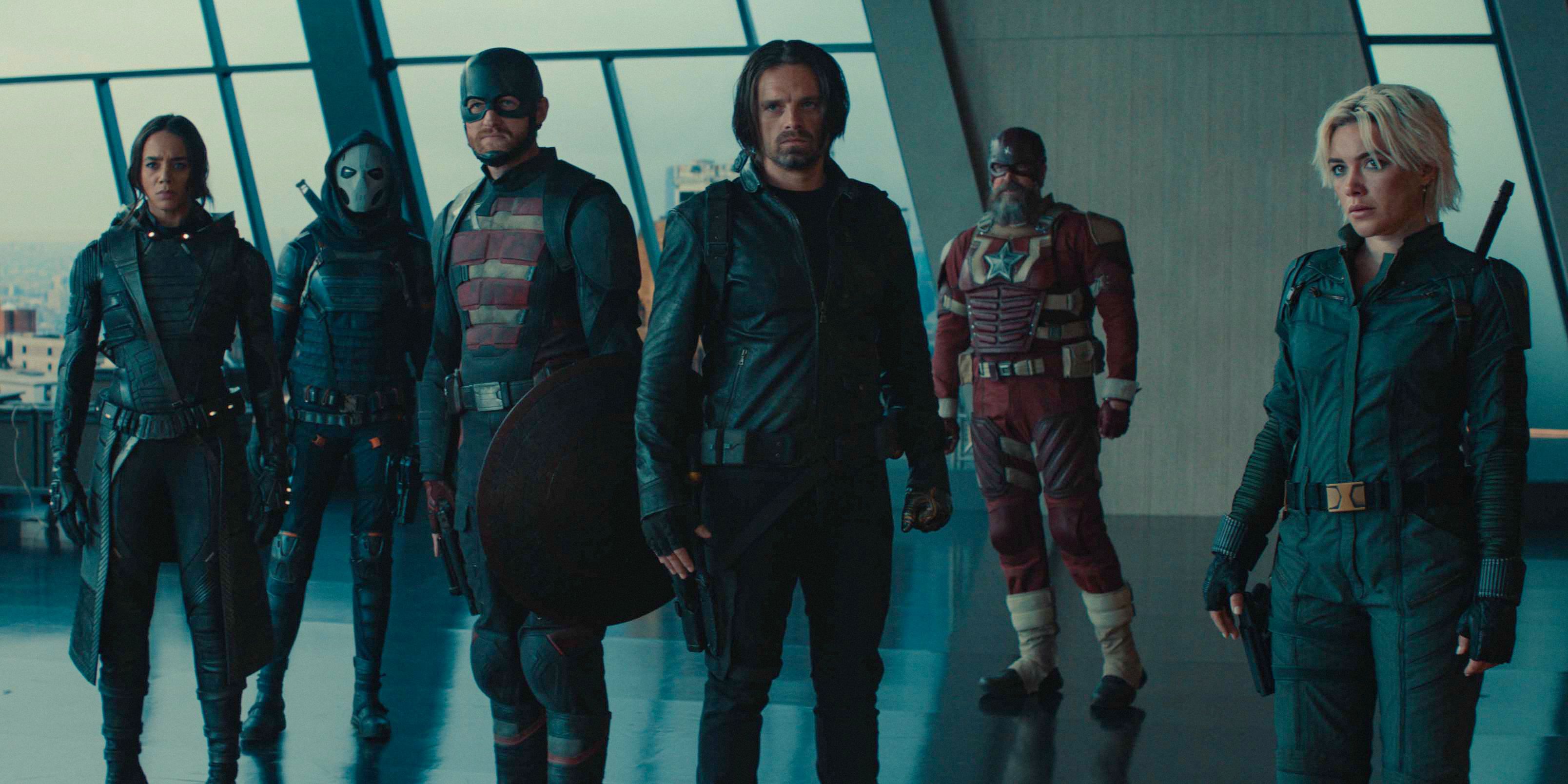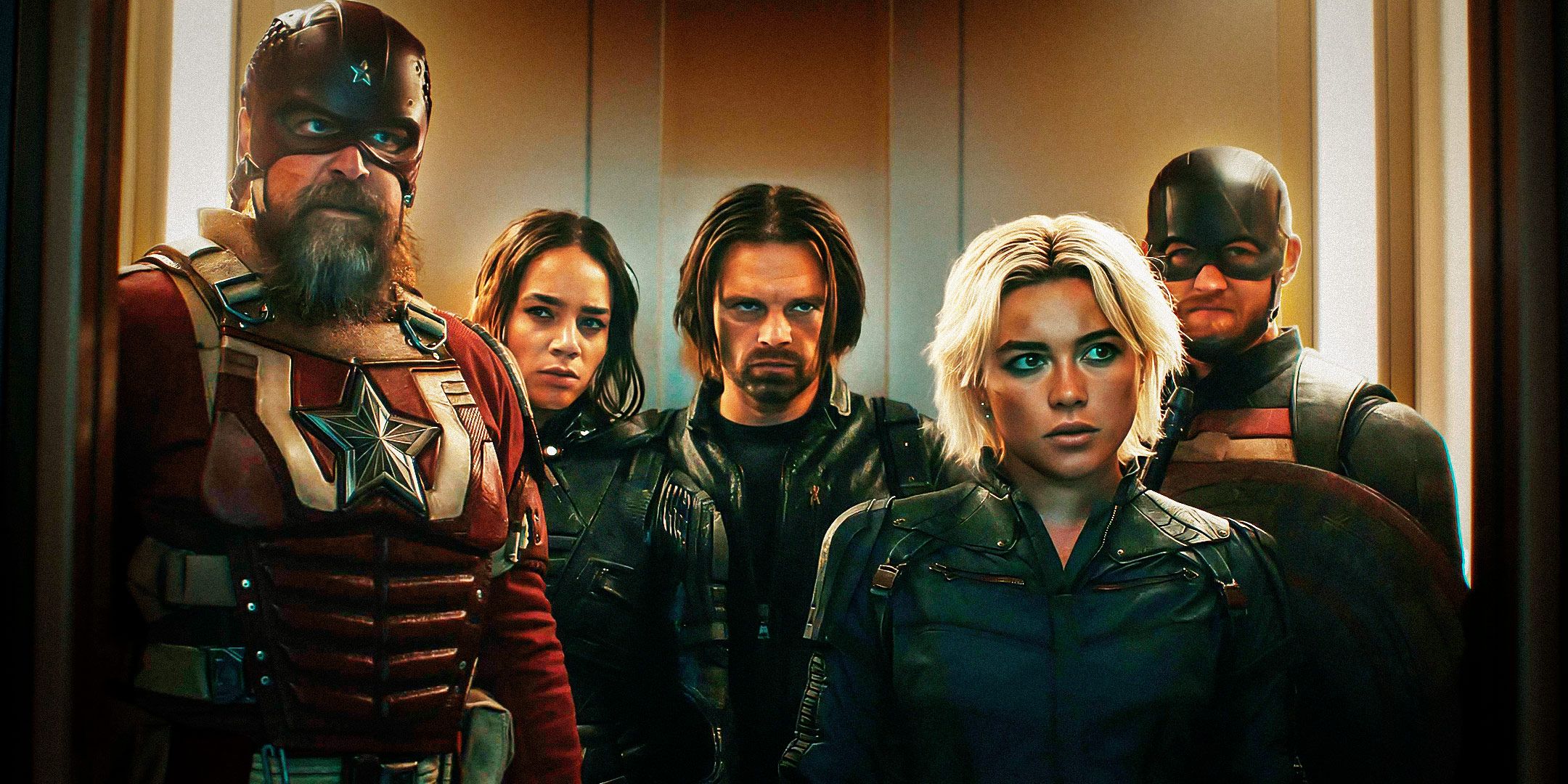I've Said It Before And I'll Say It Again - Disney Wrecked The MCU After Avengers: Endgame
After dominating the box office and garnering mostly positive reviews for almost a decade, the Marvel Cinematic Universe was the defining film franchise of the 2010s. It kicked off with the surprise success of Iron Man in 2008, followed by solo films for the Hulk, Thor, and Captain America. These separate projects culminated in 2012"s The Avengers, and Marvel Studios cemented itself in cinema history through this ambitious crossover. Over the next 7 years, the MCU would release a combination of solo and team-up films, the majority of which were well-received by fans and earned a tidy sum.
All of these adventures shared a single continuity that led to an even bigger crossover with Avengers: Infinity War. Its villain, Thanos, served as a looming threat, first appearing in The Avengers as a cameo before having a supporting role in Guardians of the Galaxy. Additionally, his plan—to collect the six infinity stones—was teased by having these powerful artifacts factor into the plots of previous films. This setup built substantial tension heading into Infinity War, as audiences spent years seeing what singular infinity stones could achieve.
Ultimately, Thanos lived up to the hype. His conviction was powerful enough to make him a compelling villain, in spite of his goal being to use the infinity gauntlet to kill half of the universe. Infinity War took big swings, bringing almost the entire cast of the MCU together and building on the foundation the franchise had already laid. Even more risky, the film let Thanos win. As a result, the hype for its sequel, Avengers: Endgame reached an all-time high for the franchise.
Once again, Marvel stuck the landing. Endgame was critically well-received and became one of the highest-grossing films ever released. To many, the way it concluded both the Infinity Saga and the arcs of franchise leads Iron Man and Captain America felt like the MCU itself was coming to a close. Spider-Man: Far From Home served as the extended epilogue to this era of Marvel.
Since then, the MCU has seen diminishing returns both critically and financially. Some films, such as Spider-Man: No Way Home and Deadpool & Wolverine, managed to reach similar levels of success to Marvel"s previous films, but unfortunately, they are outliers, and both rely on pre-MCU nostalgia as a hook. Moreover, it was around this time that the studio began developing television series for its parent company"s streaming service, Disney+.
Much like the studio"s more recent movie output, these series have proven divisive, and the general audience consensus is that there is simply too much to keep up with compared to when the franchise focused on films. Interestingly, a new report from The Wall Street Journal sheds light on the inner workings of Marvel Studios, confirming my suspicion that the perceived decline in quality does in fact correlate to Disney"s desire for streaming content.
In 2019, Disney Mandated Marvel Create New MCU Projects For Disney+ Close In 2019, Disney CEO Bob Iger had an important mission: launching Disney+. Seeking to compete with the likes of Netflix and other major streaming platforms, his vision for the service was an exclusive library of content from the company"s various properties, including Walt Disney Animation, Star Wars, and, of course, Marvel Studios. Because of this, the MCU was mandated to make the leap onto the small screen. Marvel boss Kevin Feige created a slate of series set to follow characters from the franchise"s films, kicking off with WandaVision in 2021.
The Marvel Disney+ Shows Varied Wildly In Quality And There Were Too Many![]() While some of these series have been successful, their overall impact on the franchise has been negative for two primary reasons: volume and quality control. The studio went from producing a couple of movies a year to, on average, 3-4 multi-episode seasons and a few films a year. This meant that the "parliament," or the group of executives including Feige who oversaw the franchise, did not have the bandwidth to be hands-on with each movie and television series.
While some of these series have been successful, their overall impact on the franchise has been negative for two primary reasons: volume and quality control. The studio went from producing a couple of movies a year to, on average, 3-4 multi-episode seasons and a few films a year. This meant that the "parliament," or the group of executives including Feige who oversaw the franchise, did not have the bandwidth to be hands-on with each movie and television series.
Disney+ Marvel Series
Show
Release Year
Rotten Tomatoes Score
WandaVision
2021
92%
The Falcon and The Winter Soldier
2021
85%
Loki
2021
87%
What If...?
2021
85%
Hawkeye
2021
92%
Moon Knight
2022
86%
Ms. Marvel
2022
98%
She-Hulk: Attorney at Law
2022
79%
Secret Invasion
2023
53%
Echo
2024
70%
Agatha All Along
2024
84%
Your Friendly Neighborhood Spider-Man
2025
97%
Daredevil: Born Again
2025
87%
Ironheart
2025
TBA
Eyes of Wakanda
2025
TBA
Marvel Zombies
2025
TBA
Wonder Man
2025
TBA
Vision Quest
2026
TBA
As a result, the MCU saw variances in how good its products were. On the movie side, entries like The Eternals failed to click with audiences, while others, like Shang-Chi and the Legend of the Ten Rings, only had a moderately positive reception. Marvel Television had a similar rollercoaster in terms of public perception, spanning the spectrum from abysmal (Secret Invasion) to amazing (WandaVision). Even those with a positive critical reception did not always resonate with audiences.
Because of this, viewers slowly began to tune out. Though there were still bright spots in the MCU, the poorer-quality releases tarnished its reputation, and the sheer volume of content was difficult to stay up to date on. Thus, the phrase "MCU fatigue" was born.
Disney's Streaming Mandate Destroyed The MCU![]() Per the WSJ report, Feige himself was stretched so thin that various Marvel productions struggled to get his feedback in enough time to apply it. This meant that writers and producers were on a significant crunch, frequently having to implement major changes with little time. Though the MCU was no stranger to reshoots, it developed a reputation for splicing movies together, a criticism levied at installments like The Marvels and Captain America: Brave New World.
Per the WSJ report, Feige himself was stretched so thin that various Marvel productions struggled to get his feedback in enough time to apply it. This meant that writers and producers were on a significant crunch, frequently having to implement major changes with little time. Though the MCU was no stranger to reshoots, it developed a reputation for splicing movies together, a criticism levied at installments like The Marvels and Captain America: Brave New World.
![]() Related "No New Fans Club": Major MCU Report Details What Went Wrong At Marvel Studios In The Early 2020s And How Kevin Feige Is Getting The Franchise Back On Track A massive MCU report reveals how Marvel Studios was forced to take several wrong turns at the start of the 2020s and how Kevin Feige is fixing it.
Related "No New Fans Club": Major MCU Report Details What Went Wrong At Marvel Studios In The Early 2020s And How Kevin Feige Is Getting The Franchise Back On Track A massive MCU report reveals how Marvel Studios was forced to take several wrong turns at the start of the 2020s and how Kevin Feige is fixing it.
Posts 3 Additionally, projects were developed in isolation, leading to a general sense of disorganization. While previous post-credits scenes teased confirmed projects and returning characters, the post-Endgame MCU became notorious for dropping reveals that went nowhere, such as Harry Styles playing Thanos" brother in one short scene. I"d suggest that these futile hints are another symptom of Marvel"s quality control issues; gone were the days of everything tying into a cohesive saga. Ultimately, the mandate from Iger and Disney leadership to expand the MCU into television did little more than add content and subtract quality.
I'm Hopeful Kevin Feige And Marvel Can Get The MCU Back On Track![]() Worth factoring into this equation, however, is the failure of the MCU"s original vision for the Multiverse Saga. This era of the franchise was originally built around Jonathan Majors" Kang. The actor debuted as a variant of the supervillain in Loki season one, but Kang himself didn"t show up until Ant-Man and The Wasp: Quantumania, which unfortunately flopped. Coupling that failure with Majors" legal troubles started a fire that the box-office disappointment of The Marvels only added fuel to.
Worth factoring into this equation, however, is the failure of the MCU"s original vision for the Multiverse Saga. This era of the franchise was originally built around Jonathan Majors" Kang. The actor debuted as a variant of the supervillain in Loki season one, but Kang himself didn"t show up until Ant-Man and The Wasp: Quantumania, which unfortunately flopped. Coupling that failure with Majors" legal troubles started a fire that the box-office disappointment of The Marvels only added fuel to.
According to the WSJ report, that"s when Marvel and Disney leadership knew things had to change. Per Iger, "quantity, in our case, diluted quality—and Marvel has suffered greatly from that." As such, Marvel is scaling back its television productions and shifting focus back onto its films. These changes are only just starting to affect current releases due to their lengthy filming and editing processes, but if the quality of Thunderbolts* is anything to go by, this approach might just help.
The potential exists for Doomsday and its sequel, Avengers: Secret Wars, to be the spectacle fans want.
The future of the MCU heavily relies on whether it can draw back in the audience members it lost due to fatigue. The next major crossover, Avengers: Doomsday, has to hit the nail on the head for the MCU to survive. Replacing Majors" Kang with franchise veteran Robert Downey Jr. as Doctor Doom is a bold move, as is bringing back Endgame directors Joe and Anthony Russo. However, Marvel has successfully taken big swings before. The potential exists for Doomsday and its sequel, Avengers: Secret Wars, to be the spectacle fans want.
Moreover, rumors are swirling that Secret Wars will lead to a soft reboot, after which the franchise will focus on the X-Men. Despite the long, interconnected history of the Marvel Cinematic Universe, resetting the timeline could fix the "homework" problem of staying caught up and help it regain some of its former glory.
![]() Marvel Cinematic Universe
Marvel Cinematic Universe
Created by Kevin Feige First Film Iron Man Upcoming Films Deadpool & Wolverine, Captain America: Brave New World, Thunderbolts*, Blade (2025), The Fantastic Four: First Steps, Avengers: Doomsday (2026), Avengers: Secret Wars First TV Show Agents of S.H.I.E.L.D. See at Amazon See at Target See at Walmart Upcoming MCU Movies![]() Thunderbolts*
Thunderbolts*
Powered by![]() Expand Collapse
Expand Collapse ![]() The Fantastic Four: First Steps
The Fantastic Four: First Steps
Powered by![]() Expand Collapse
Expand Collapse ![]() Avengers: Doomsday
Avengers: Doomsday
Powered by![]() Expand Collapse
Expand Collapse ![]() Spider-Man: Brand New Day
Spider-Man: Brand New Day
Powered by![]() Expand Collapse
Expand Collapse ![]() Avengers: Secret Wars
Avengers: Secret Wars
Powered by![]() Expand Collapse
Expand Collapse
All of these adventures shared a single continuity that led to an even bigger crossover with Avengers: Infinity War. Its villain, Thanos, served as a looming threat, first appearing in The Avengers as a cameo before having a supporting role in Guardians of the Galaxy. Additionally, his plan—to collect the six infinity stones—was teased by having these powerful artifacts factor into the plots of previous films. This setup built substantial tension heading into Infinity War, as audiences spent years seeing what singular infinity stones could achieve.
Ultimately, Thanos lived up to the hype. His conviction was powerful enough to make him a compelling villain, in spite of his goal being to use the infinity gauntlet to kill half of the universe. Infinity War took big swings, bringing almost the entire cast of the MCU together and building on the foundation the franchise had already laid. Even more risky, the film let Thanos win. As a result, the hype for its sequel, Avengers: Endgame reached an all-time high for the franchise.
Once again, Marvel stuck the landing. Endgame was critically well-received and became one of the highest-grossing films ever released. To many, the way it concluded both the Infinity Saga and the arcs of franchise leads Iron Man and Captain America felt like the MCU itself was coming to a close. Spider-Man: Far From Home served as the extended epilogue to this era of Marvel.
Since then, the MCU has seen diminishing returns both critically and financially. Some films, such as Spider-Man: No Way Home and Deadpool & Wolverine, managed to reach similar levels of success to Marvel"s previous films, but unfortunately, they are outliers, and both rely on pre-MCU nostalgia as a hook. Moreover, it was around this time that the studio began developing television series for its parent company"s streaming service, Disney+.
Much like the studio"s more recent movie output, these series have proven divisive, and the general audience consensus is that there is simply too much to keep up with compared to when the franchise focused on films. Interestingly, a new report from The Wall Street Journal sheds light on the inner workings of Marvel Studios, confirming my suspicion that the perceived decline in quality does in fact correlate to Disney"s desire for streaming content.
In 2019, Disney Mandated Marvel Create New MCU Projects For Disney+ Close In 2019, Disney CEO Bob Iger had an important mission: launching Disney+. Seeking to compete with the likes of Netflix and other major streaming platforms, his vision for the service was an exclusive library of content from the company"s various properties, including Walt Disney Animation, Star Wars, and, of course, Marvel Studios. Because of this, the MCU was mandated to make the leap onto the small screen. Marvel boss Kevin Feige created a slate of series set to follow characters from the franchise"s films, kicking off with WandaVision in 2021.
The Marvel Disney+ Shows Varied Wildly In Quality And There Were Too Many
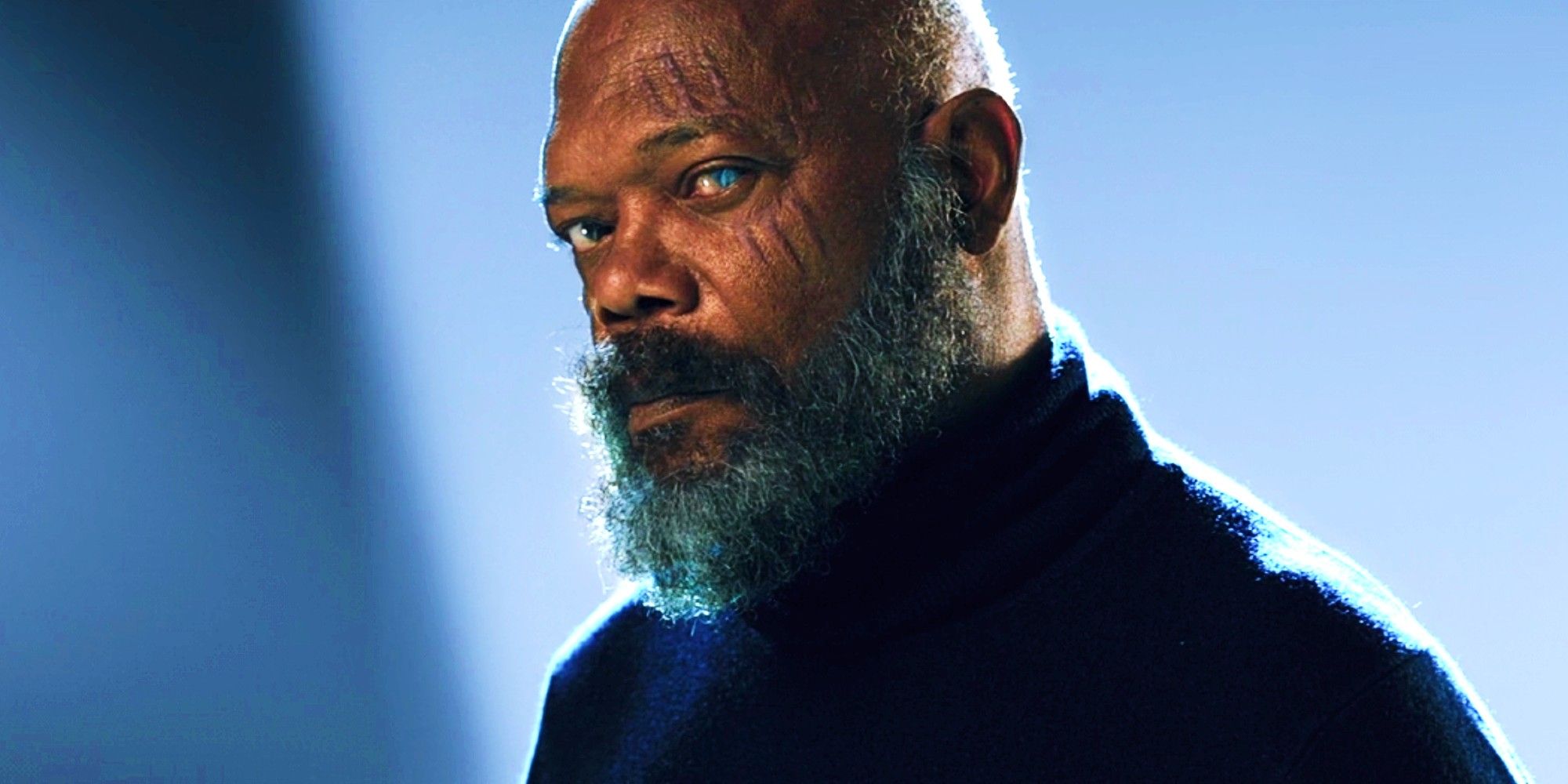 While some of these series have been successful, their overall impact on the franchise has been negative for two primary reasons: volume and quality control. The studio went from producing a couple of movies a year to, on average, 3-4 multi-episode seasons and a few films a year. This meant that the "parliament," or the group of executives including Feige who oversaw the franchise, did not have the bandwidth to be hands-on with each movie and television series.
While some of these series have been successful, their overall impact on the franchise has been negative for two primary reasons: volume and quality control. The studio went from producing a couple of movies a year to, on average, 3-4 multi-episode seasons and a few films a year. This meant that the "parliament," or the group of executives including Feige who oversaw the franchise, did not have the bandwidth to be hands-on with each movie and television series.Disney+ Marvel Series
Show
Release Year
Rotten Tomatoes Score
WandaVision
2021
92%
The Falcon and The Winter Soldier
2021
85%
Loki
2021
87%
What If...?
2021
85%
Hawkeye
2021
92%
Moon Knight
2022
86%
Ms. Marvel
2022
98%
She-Hulk: Attorney at Law
2022
79%
Secret Invasion
2023
53%
Echo
2024
70%
Agatha All Along
2024
84%
Your Friendly Neighborhood Spider-Man
2025
97%
Daredevil: Born Again
2025
87%
Ironheart
2025
TBA
Eyes of Wakanda
2025
TBA
Marvel Zombies
2025
TBA
Wonder Man
2025
TBA
Vision Quest
2026
TBA
As a result, the MCU saw variances in how good its products were. On the movie side, entries like The Eternals failed to click with audiences, while others, like Shang-Chi and the Legend of the Ten Rings, only had a moderately positive reception. Marvel Television had a similar rollercoaster in terms of public perception, spanning the spectrum from abysmal (Secret Invasion) to amazing (WandaVision). Even those with a positive critical reception did not always resonate with audiences.
Because of this, viewers slowly began to tune out. Though there were still bright spots in the MCU, the poorer-quality releases tarnished its reputation, and the sheer volume of content was difficult to stay up to date on. Thus, the phrase "MCU fatigue" was born.
Disney's Streaming Mandate Destroyed The MCU
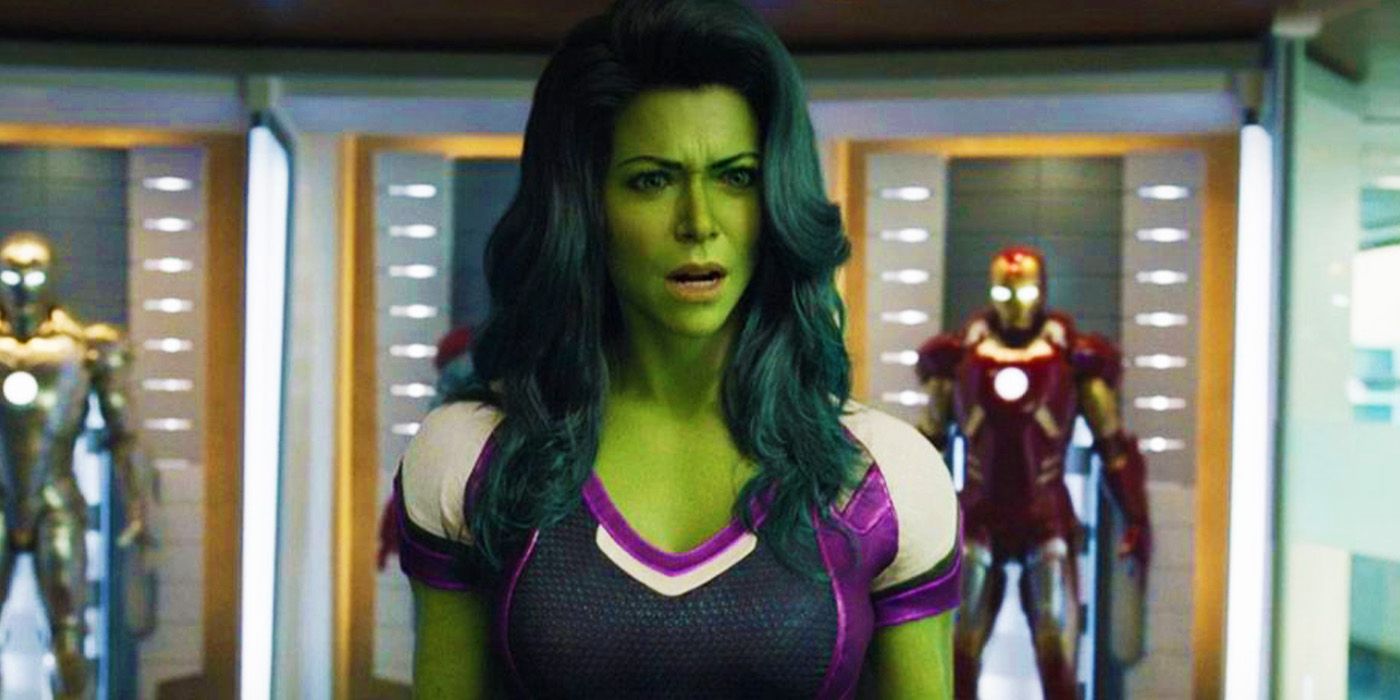 Per the WSJ report, Feige himself was stretched so thin that various Marvel productions struggled to get his feedback in enough time to apply it. This meant that writers and producers were on a significant crunch, frequently having to implement major changes with little time. Though the MCU was no stranger to reshoots, it developed a reputation for splicing movies together, a criticism levied at installments like The Marvels and Captain America: Brave New World.
Per the WSJ report, Feige himself was stretched so thin that various Marvel productions struggled to get his feedback in enough time to apply it. This meant that writers and producers were on a significant crunch, frequently having to implement major changes with little time. Though the MCU was no stranger to reshoots, it developed a reputation for splicing movies together, a criticism levied at installments like The Marvels and Captain America: Brave New World.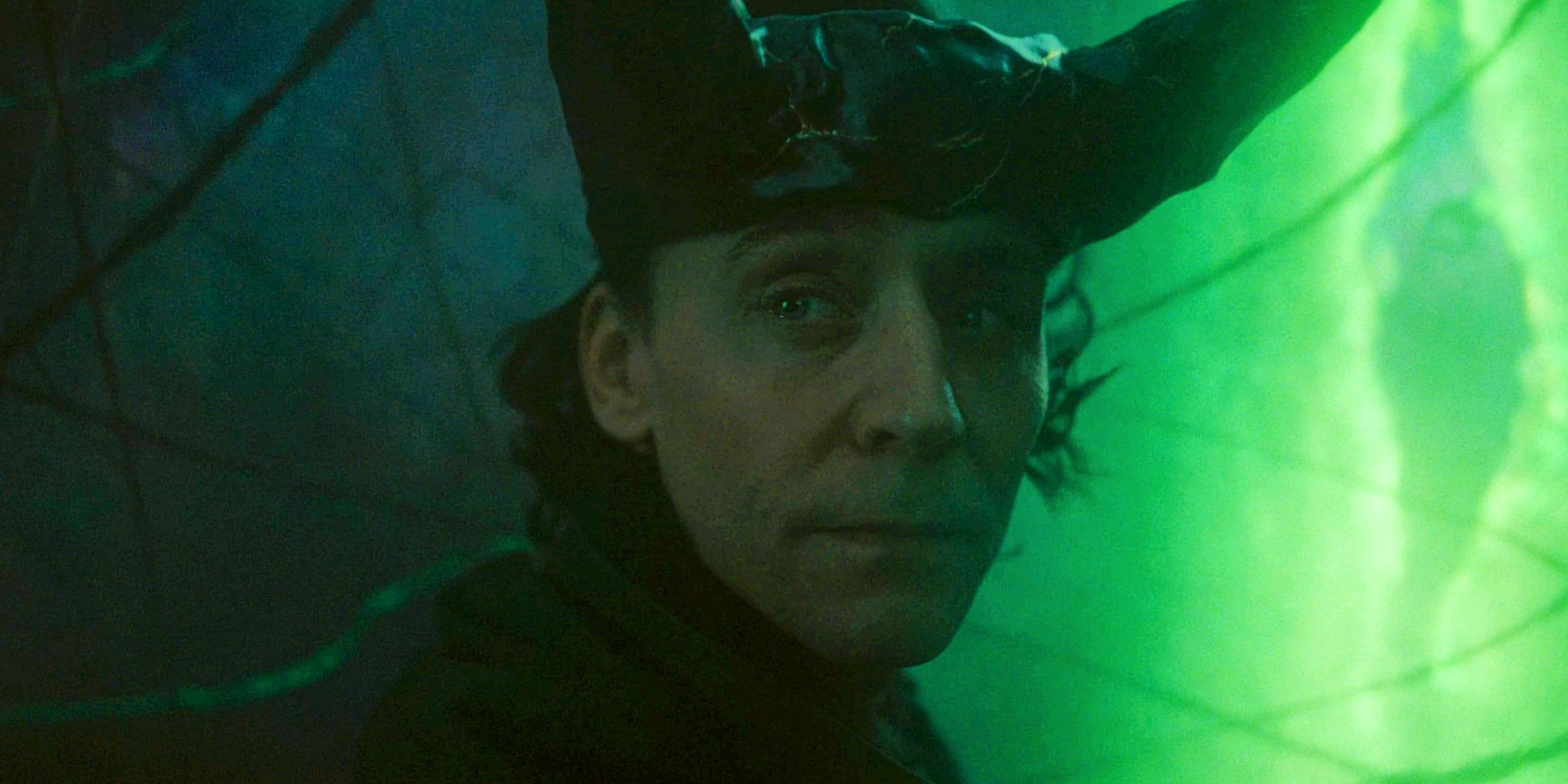 Related "No New Fans Club": Major MCU Report Details What Went Wrong At Marvel Studios In The Early 2020s And How Kevin Feige Is Getting The Franchise Back On Track A massive MCU report reveals how Marvel Studios was forced to take several wrong turns at the start of the 2020s and how Kevin Feige is fixing it.
Related "No New Fans Club": Major MCU Report Details What Went Wrong At Marvel Studios In The Early 2020s And How Kevin Feige Is Getting The Franchise Back On Track A massive MCU report reveals how Marvel Studios was forced to take several wrong turns at the start of the 2020s and how Kevin Feige is fixing it.Posts 3 Additionally, projects were developed in isolation, leading to a general sense of disorganization. While previous post-credits scenes teased confirmed projects and returning characters, the post-Endgame MCU became notorious for dropping reveals that went nowhere, such as Harry Styles playing Thanos" brother in one short scene. I"d suggest that these futile hints are another symptom of Marvel"s quality control issues; gone were the days of everything tying into a cohesive saga. Ultimately, the mandate from Iger and Disney leadership to expand the MCU into television did little more than add content and subtract quality.
I'm Hopeful Kevin Feige And Marvel Can Get The MCU Back On Track
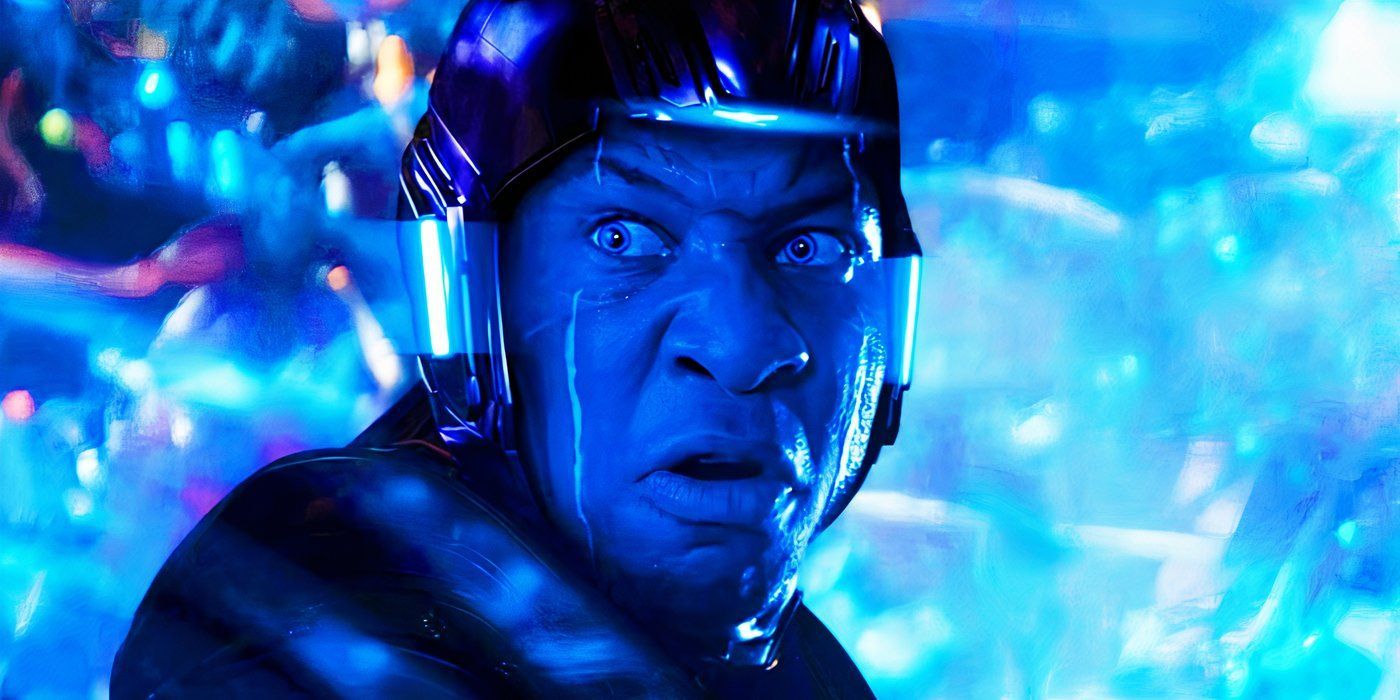 Worth factoring into this equation, however, is the failure of the MCU"s original vision for the Multiverse Saga. This era of the franchise was originally built around Jonathan Majors" Kang. The actor debuted as a variant of the supervillain in Loki season one, but Kang himself didn"t show up until Ant-Man and The Wasp: Quantumania, which unfortunately flopped. Coupling that failure with Majors" legal troubles started a fire that the box-office disappointment of The Marvels only added fuel to.
Worth factoring into this equation, however, is the failure of the MCU"s original vision for the Multiverse Saga. This era of the franchise was originally built around Jonathan Majors" Kang. The actor debuted as a variant of the supervillain in Loki season one, but Kang himself didn"t show up until Ant-Man and The Wasp: Quantumania, which unfortunately flopped. Coupling that failure with Majors" legal troubles started a fire that the box-office disappointment of The Marvels only added fuel to.According to the WSJ report, that"s when Marvel and Disney leadership knew things had to change. Per Iger, "quantity, in our case, diluted quality—and Marvel has suffered greatly from that." As such, Marvel is scaling back its television productions and shifting focus back onto its films. These changes are only just starting to affect current releases due to their lengthy filming and editing processes, but if the quality of Thunderbolts* is anything to go by, this approach might just help.
The potential exists for Doomsday and its sequel, Avengers: Secret Wars, to be the spectacle fans want.
The future of the MCU heavily relies on whether it can draw back in the audience members it lost due to fatigue. The next major crossover, Avengers: Doomsday, has to hit the nail on the head for the MCU to survive. Replacing Majors" Kang with franchise veteran Robert Downey Jr. as Doctor Doom is a bold move, as is bringing back Endgame directors Joe and Anthony Russo. However, Marvel has successfully taken big swings before. The potential exists for Doomsday and its sequel, Avengers: Secret Wars, to be the spectacle fans want.
Moreover, rumors are swirling that Secret Wars will lead to a soft reboot, after which the franchise will focus on the X-Men. Despite the long, interconnected history of the Marvel Cinematic Universe, resetting the timeline could fix the "homework" problem of staying caught up and help it regain some of its former glory.
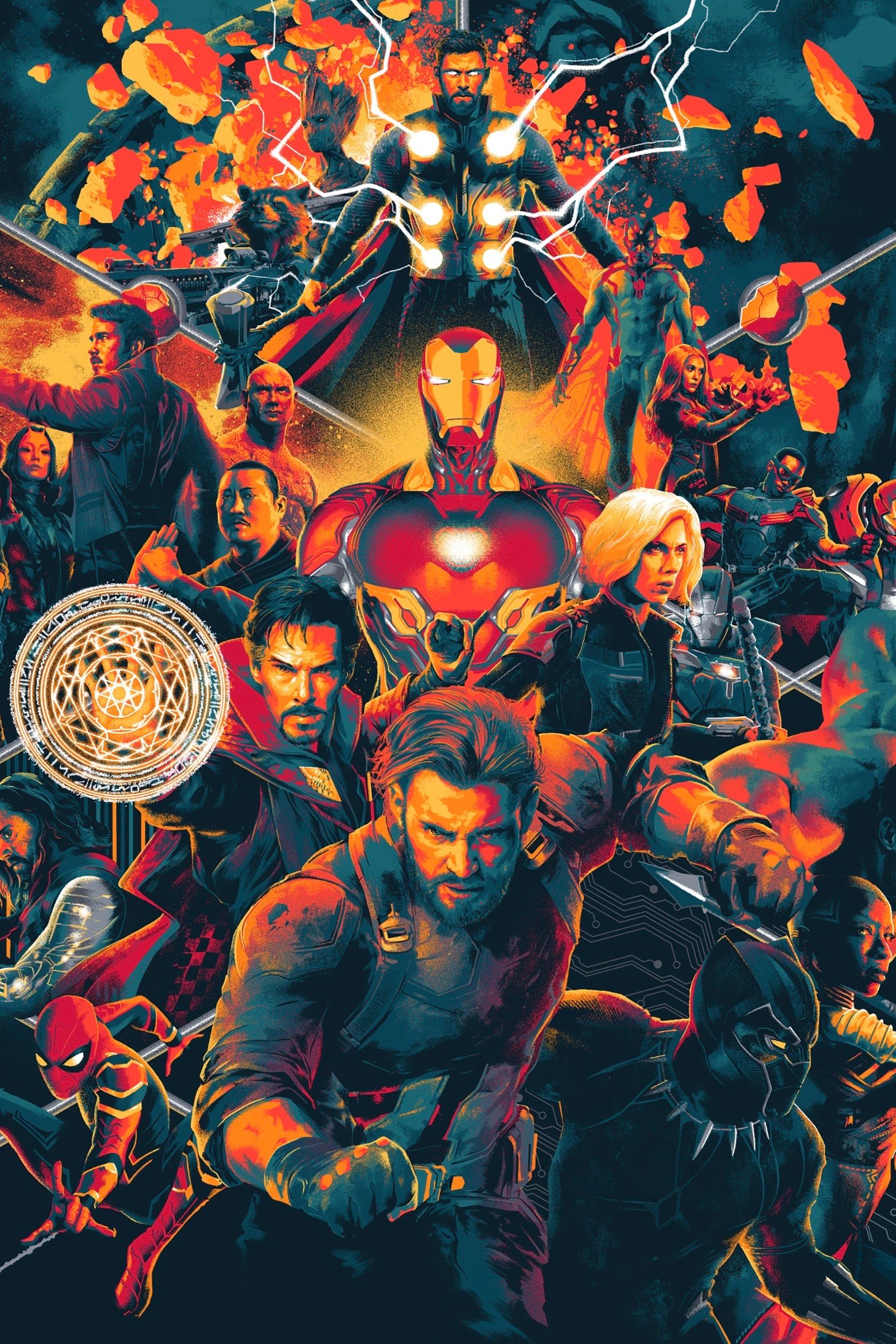 Marvel Cinematic Universe
Marvel Cinematic Universe Created by Kevin Feige First Film Iron Man Upcoming Films Deadpool & Wolverine, Captain America: Brave New World, Thunderbolts*, Blade (2025), The Fantastic Four: First Steps, Avengers: Doomsday (2026), Avengers: Secret Wars First TV Show Agents of S.H.I.E.L.D. See at Amazon See at Target See at Walmart Upcoming MCU Movies
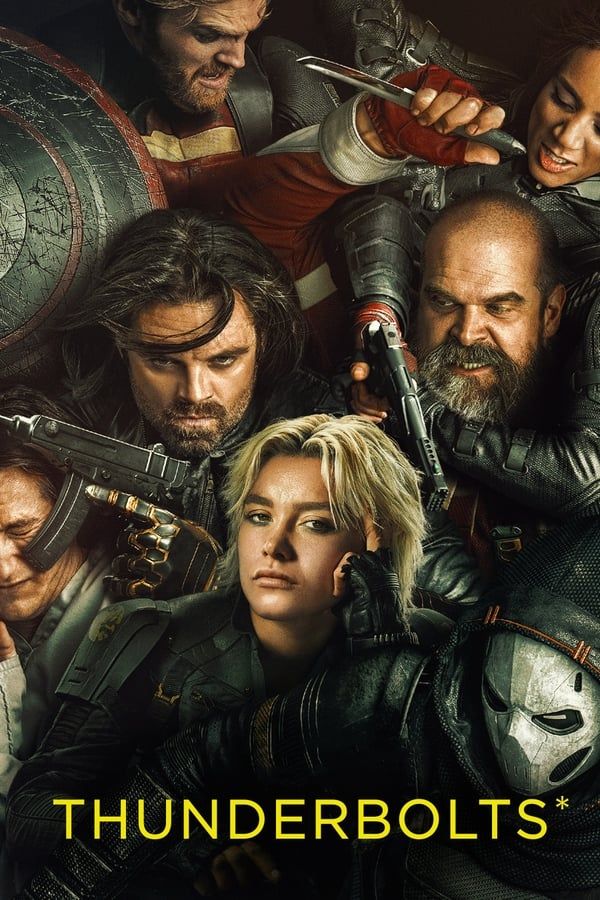 Thunderbolts*
Thunderbolts* Powered by
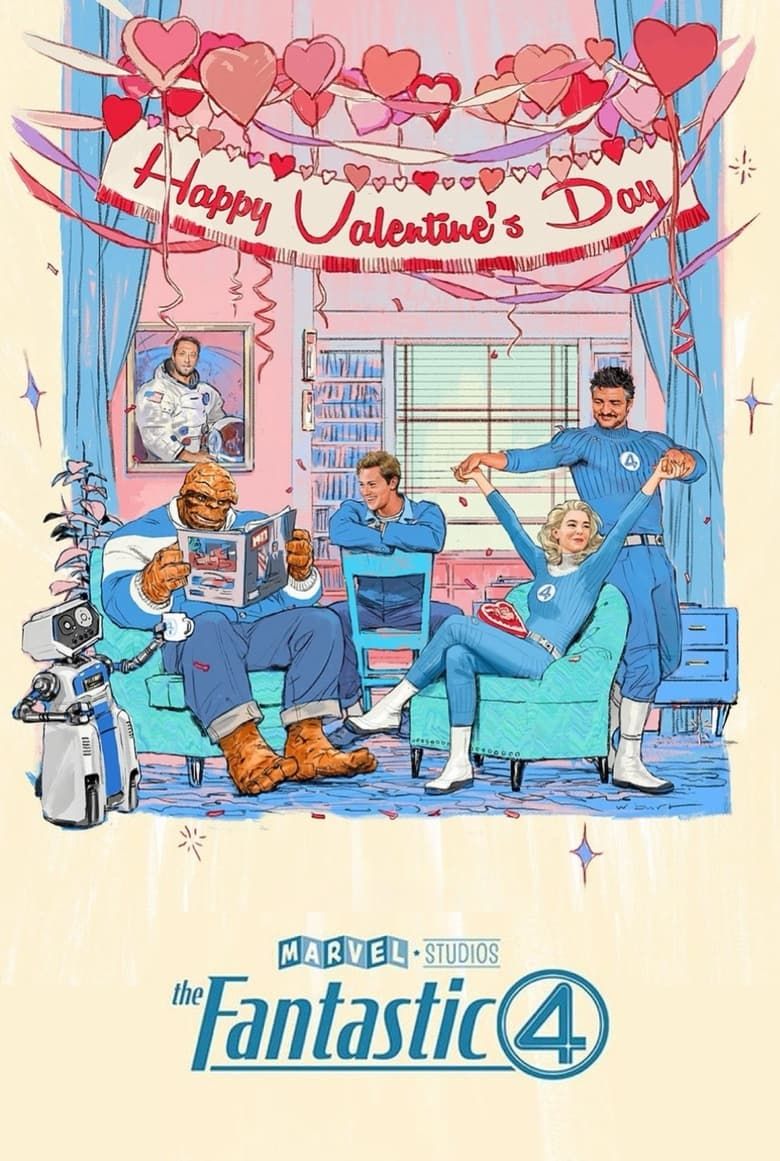 The Fantastic Four: First Steps
The Fantastic Four: First Steps Powered by
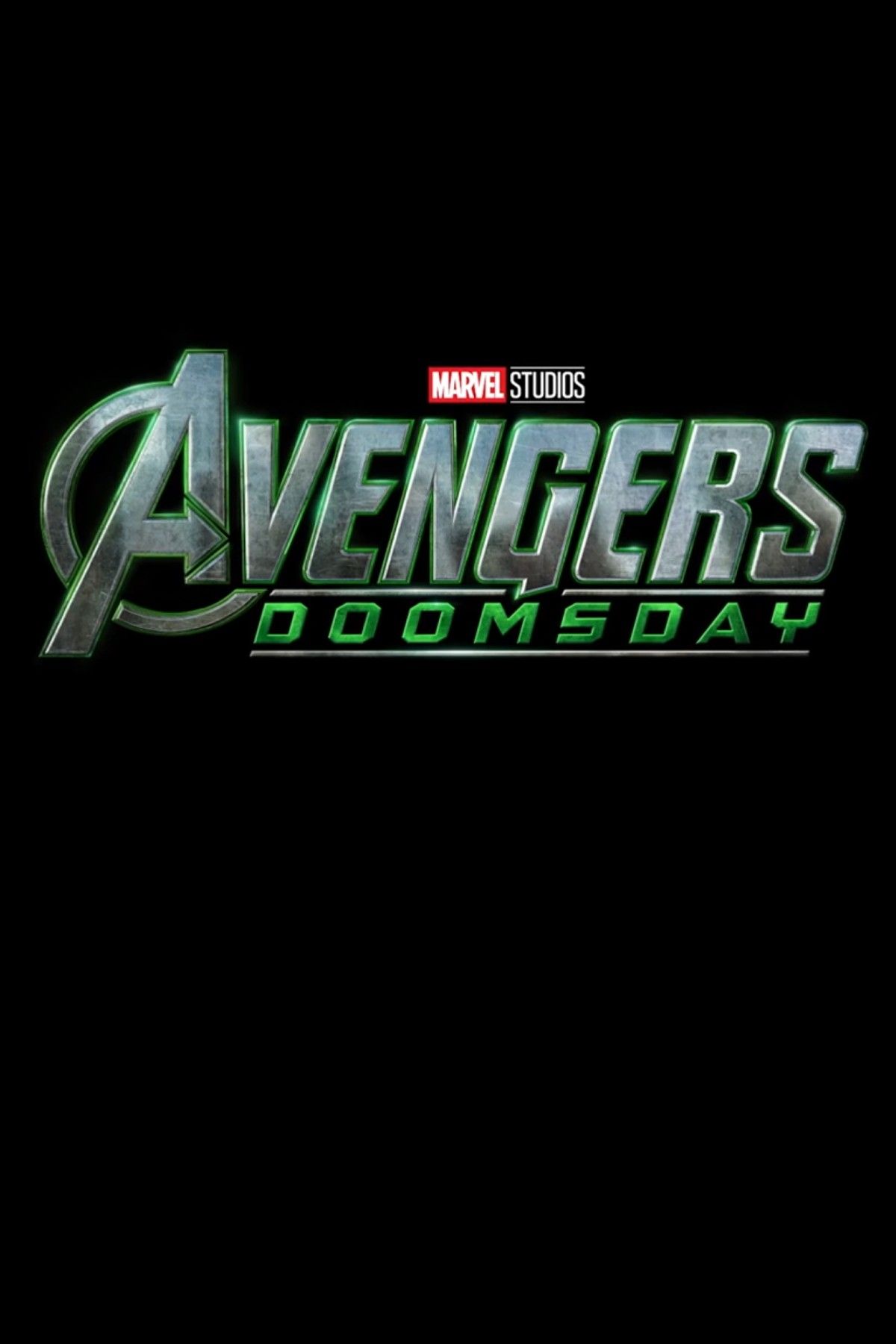 Avengers: Doomsday
Avengers: Doomsday Powered by
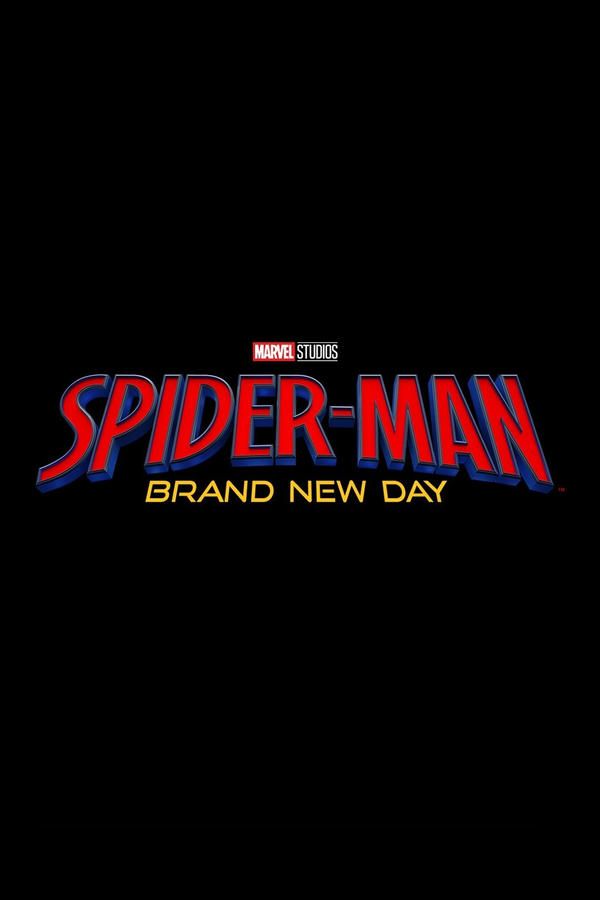 Spider-Man: Brand New Day
Spider-Man: Brand New Day Powered by
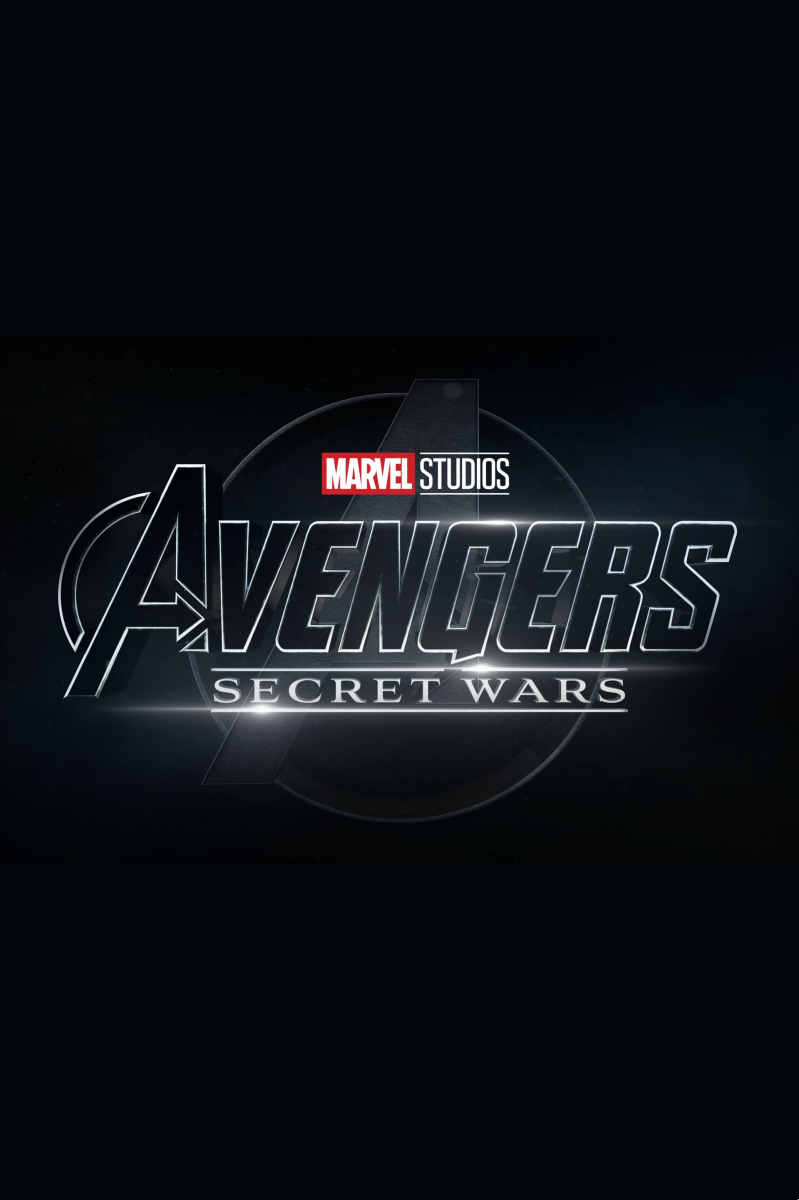 Avengers: Secret Wars
Avengers: Secret Wars Powered by
